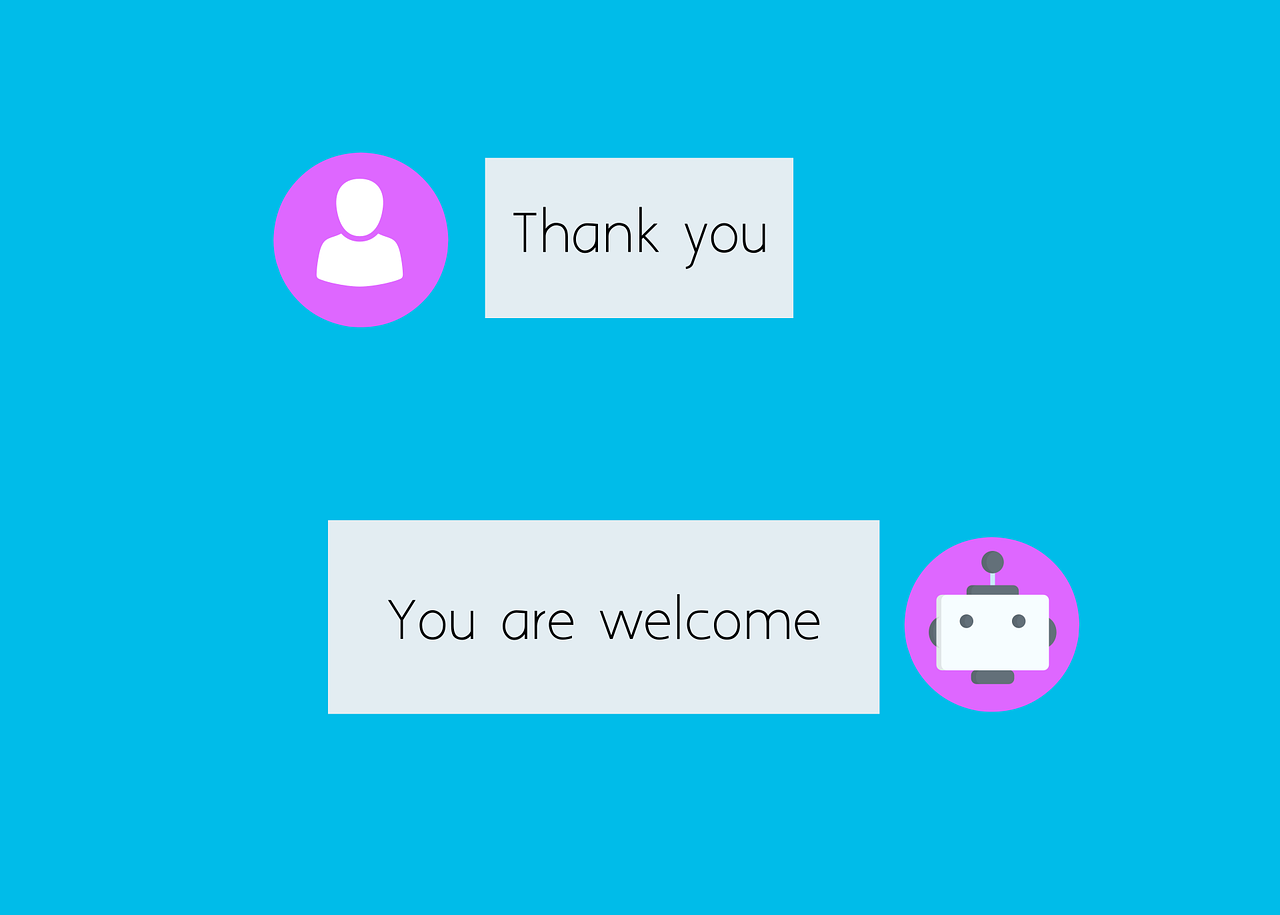The Future of SEO: How AI is Transforming Search and Content Optimization

Brief news summary
The field of Artificial Intelligence (AI) search is rapidly evolving beyond traditional keyword-based SEO toward contextually rich, AI-aligned content. This shift stems from AI’s enhanced ability to understand user intent, prompting content creators to emphasize relevance and depth over simple keyword placement. AI-powered search manages complex queries and personalizes results based on individual behavior, improving engagement and business outcomes. However, challenges persist, including algorithm complexity, ethical transparency, privacy, data security, and bias. Marketers and developers must adapt continuously, balancing innovation with ethical and regulatory responsibilities. Ultimately, AI is transforming digital search by requiring technological expertise, strategic agility, and ethical accountability to optimize content and enhance user experiences in an ever-changing landscape.The field of Artificial Intelligence (AI) search is experiencing a profound transformation, highlighted by a growing focus on earned media and the necessity for content to align more precisely with AI-generated search summaries. This shift is changing how online content is created, optimized, and displayed across diverse search platforms. Traditionally, search engine optimization (SEO) concentrated mainly on the strategic use of keywords to improve rankings. Yet with the rise of AI algorithms, there is a significant move toward crafting content that is contextually rich and highly relevant to user queries. Instead of simply targeting specific keywords, content creators and website owners now need to emphasize the contextual depth of their material. This change reflects the understanding that AI-driven search systems seek to grasp and interpret the intent behind a user's query, not just match keywords exactly. This fundamental shift calls for a change in web optimization strategies. Rather than optimizing around isolated keywords, websites must ensure their content contextually corresponds with the subtleties of user searches. The objective is to satisfy users' precise informational needs by delivering comprehensive, cohesively contextualized, and insightful content. Consequently, the future of SEO appears closely intertwined with AI progress, indicating that ongoing AI innovations will continuously redefine best practices in search engine optimization. Moreover, AI is transforming recommendation engines by tailoring search results to individual users based on their behavior and preferences.
This personalization improves the predictive abilities of search engines, allowing them to provide more relevant suggestions aligned with each user's unique interests. These advancements in predictive search technology play a key role in enhancing customer engagement, boosting retention rates, and ultimately driving greater revenue for online businesses. Despite these promising developments, the shift toward AI-powered search domains presents several challenges. A major hurdle is the complexity of AI algorithms, which demand a deep understanding of user intent, linguistic nuances, and contextual relevance. Content creators must adjust to these sophisticated requirements by producing materials that not only resonate with human audiences but also meet AI systems' standards for relevance and context. Additionally, ongoing concerns about transparency and ethics in AI-powered search are critical. Since AI systems analyze and interpret vast amounts of personal data to personalize experiences, issues regarding privacy, data security, and algorithmic bias have become increasingly important. Businesses and developers need to address these challenges responsibly to build user trust and comply with regulatory requirements. Furthermore, the rapidly evolving nature of AI technology necessitates that SEO strategies be continuously reviewed and updated. The fast pace of AI advancements requires marketers and content strategists to remain informed about new trends, tools, and algorithm changes in order to sustain optimal search visibility. In summary, AI search is reshaping the digital landscape by shifting the emphasis from traditional keyword-focused SEO toward producing content that is contextually rich and aligned with AI interpretation. AI-driven personalization and predictive capabilities are enhancing user experiences and promoting business growth, though they also introduce new complexities and responsibilities. Successfully navigating this changing environment demands a blend of technological expertise, ethical insight, and strategic flexibility from those aiming to thrive in the future of digital search and online content optimization.
Watch video about
The Future of SEO: How AI is Transforming Search and Content Optimization
Try our premium solution and start getting clients — at no cost to you

I'm your Content Creator.
Let’s make a post or video and publish it on any social media — ready?
Hot news

AI Video Personalization Enhances Online Advertis…
In the rapidly evolving digital marketing landscape, advertisers are increasingly adopting artificial intelligence (AI) to boost campaign effectiveness.

AI Drives Smart Manufacturing to Autonomy: 2025 P…
The State Council Information Office recently hosted a press conference emphasizing significant achievements in industrial and information technology development anticipated by 2025.

AI and SEO: A Symbiotic Relationship for Digital …
The evolving relationship between artificial intelligence (AI) and search engine optimization (SEO) is forming a deeply symbiotic partnership that is reshaping digital marketing.

Job Applicants Sue AI Screening Company for FCRA …
A recent class action lawsuit against Eightfold AI, an AI recruiting platform, may have major consequences for employers using artificial intelligence in candidate screening.

Enata Introduces an AI "Second Brain" for Field S…
SAN FRANCISCO, Jan.

Coca-Cola's AI-Generated Holiday Ad Sparks Contro…
Coca-Cola’s recent holiday advertisement, created with artificial intelligence, has ignited considerable debate and criticism among viewers and marketing experts.

Record-Breaking Results: How AI Influenced $262 B…
After years of fluctuating consumer confidence and stagnant e-commerce traffic, retailers expected only modest results for the 2025 holiday season.
AI Company
Launch your AI-powered team to automate Marketing, Sales & Growth

and get clients on autopilot — from social media and search engines. No ads needed
Begin getting your first leads today








